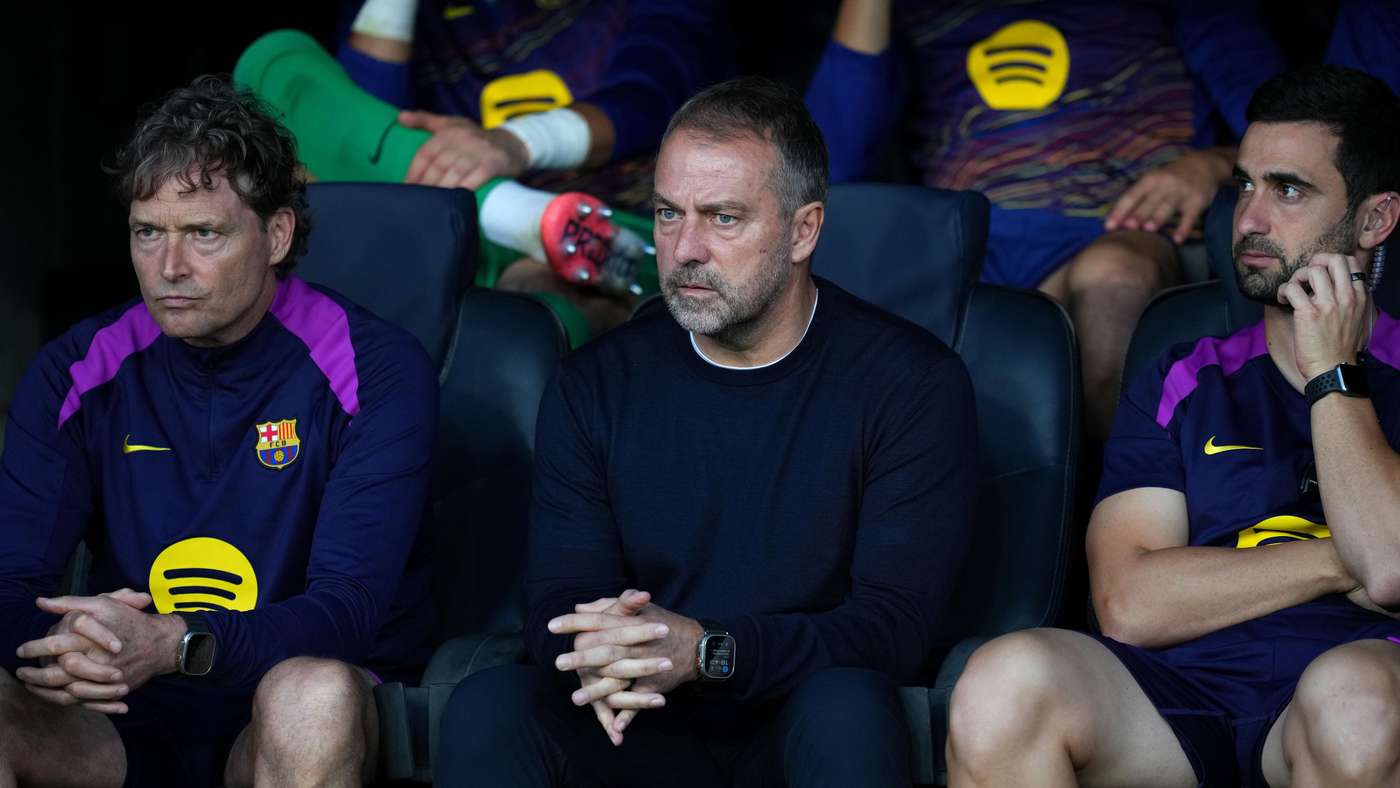When Power Plays Take Over El Clasico: Laporta, Perez, and the Quiet War Behind the Classic
22 October 2025

In a dramatic scene reshaping European football's power map, the working relationship between Barcelona's president Joan Laporta and Real Madrid's Florentino Perez has transformed into a tense political and administrative showdown.
They were close allies in a larger battle against UEFA, but a sequence of events—ranging from the proposed European Super League to the Negreira scandal—shattered that unity.
As the Clasico looms, tensions and betrayals color the spectacle, with their competing agendas reflected on the pitch more than ever.
Alliance in the Super League venture
The story began with an unlikely partnership between Laporta and Perez in the Super League project. In April 2021, the two presidents stood side by side with a group of Europe's top clubs to launch a secessionist competition that threatened UEFA's dominance.
Although the project collapsed early, both continued to keep the flame alive, with Barca and Real Madrid alongside Juventus among the last believers in a dream that unsettled the European order.
Yet that solid alliance quickly showed cracks under sudden developments off the pitch.
The Negreira case and the rupture
The Negreira case ignited the rift. In early 2023, Barcelona faced accusations of paying money to the then deputy head of refereeing Jose Maria Negreira for "refereeing advice".
Real Madrid took a hard line, with Perez's legal team joining as a plaintiff seeking the harshest penalties against the Catalan club.
Laporta felt betrayed; instead of the usual solidarity, Perez aligned with Barca's foes. Laporta responded with a sharp attack, calling Real Madrid the 'system club' that historically enjoyed biased refereeing and influence.
Amid rising disputes and the shock of Madrid's stance in the Negreira case, Laporta began reassessing the feasibility of continuing the non-public alliance with Perez against UEFA.
He found himself under pressure: the risk of heavy European sanctions for his club over financial fair play breaches, and restlessness within his own camp about the Super League gamble.
He realized he couldn't fight on two fronts; one side a legal and media war with Madrid locally, the other a cold war with UEFA across Europe.
He chose a pragmatic approach centered on de-escalation and incremental reconciliation with former foes; Laporta's public stance toward the Super League softened after years of hardline rhetoric.
Not long after, signs of a major shift appeared: behind-the-scenes meetings and talks with figures who had once been considered enemies.
Rome and the new course in Europe
The turning point came in Rome, where Laporta received an invitation from Nasser Al-Khelaifi, PSG president and head of the European Clubs Association, to attend a league meeting in the Italian capital—a gesture that resembled an entry into the rival camp.
There, Laporta greeted some of the institution's key figures he had long opposed, including UEFA chief Aleksander Ceferin, and the moment symbolized a near-imperceptible coup in the war of positions. It sparked a fierce debate in Spain as many suggested he had effectively ended his alliance with Perez.
Laport a later explained his rapprochement with UEFA as a necessity for “building bridges,” telling Perez in person about his changed stance. This marked a de facto separation between the clubs in the Super League file, leaving Perez isolated in the fight.
Rome was only the first page of a new relationship with the European body. In the midst of tensions, Barcelona faced the risk of a €60 million fine from UEFA for FFP breaches, but thanks to Laporta's diplomacy and direct talks with Ceferin, the penalty was trimmed to €15 million.
This substantial reduction fueled whispers of a behind-the-scenes deal: a Barca truce and withdrawal from the Super League in return for UEFA leniency. Whether a formal deal existed, the bottom line was clear: Laporta deemed his club safer under UEFA's umbrella than fighting alone with Perez.
More intriguingly, UEFA began to entertain some of the Super League ideas—reports of plans to reform the Champions League by 2027 to include more big games in a league-like format, suggesting Perez's core demand might be realized under UEFA's banner rather than as an independent project.
While Barca returned to shaping the European future inside UEFA's house, Real Madrid stood isolated; Perez seemed to cling to the past, while Laporta pushed ahead, securing Barca a seat at the European decision-making table.
With these developments behind the scenes, the Clasico approach saw friction. By May 2025, when Barca hosted Real Madrid at the temporary Montjuïc stadium for the league clash, the two presidents' relationship was at its lowest.
Although both clubs denied a formal rupture, caution was the mood; while cooperation on defending the remaining Super League ideas and opposing league limits remains on the table, old goodwill had faded.
On the pitch, the sense grew that the Clasico was no longer just a football clash but an extension of an administrative and political war.
Fans and media watched the encounter through a different lens: what would a Barca win mean under these conditions, and how would a Madrid victory affect the broader power struggle off the pitch?
Ultimately, the Clasico would tell a new chapter of the saga of alliance and betrayal between Laporta and Perez; a tale of friendship and self-interest, politics and sport, where both sides played power cards until the table turned.
And as the match results are logged in La Liga's records, the deeper fracture between these two giants remains the main takeaway.
Turns out, in football, even the two biggest clubs can’t file a divorce without a lawyer—guess love and trophies both go through the transfer market.
In football, the only thing more offside than a star striker is a clever board member's conscience, and this saga proves power sometimes reads like a negotiation memo with a stadium backdrop.



